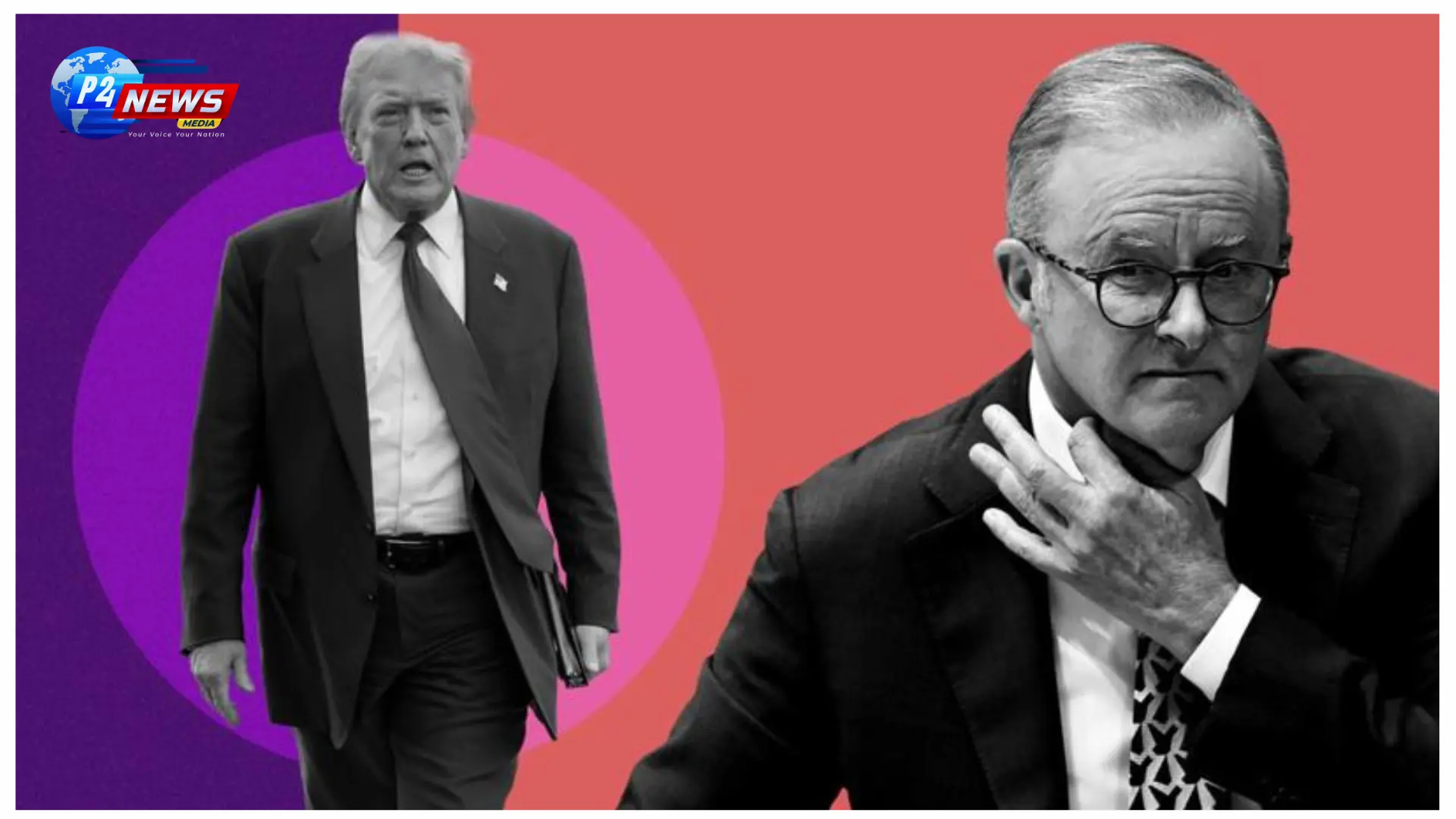As Donald Trump inches closer to a potential second term, Anthony Albanese, the Australian Prime Minister, must navigate a treacherous political landscape. The volatility of Trump poses significant challenges for Albanese, especially in light of past interactions. Both Albanese and opposition leader Peter Dutton need to be cautious as they prepare for the upcoming federal election amid the unpredictable fallout from the U.S. election.
Introduction
The specter of Donald Trump’s potential return to the White House casts a long shadow over the political landscape in Australia. With the next federal election on the horizon, both Prime Minister Anthony Albanese and opposition leader Peter Dutton are acutely aware of the unpredictability that Trump embodies. His volatile nature presents a complex challenge for leaders down under who must strategize amidst the unprecedented reality of Trumpism.
Historical Context and Albanese's Concerns
Albanese's previous comments about Trump reveal a palpable anxiety. In 2017, he voiced his apprehensions about Trump's approach to governance, describing him as a figure that intimidates many. This sentiment was echoed following the Capitol riots on January 6, where Albanese condemned Trump’s incendiary rhetoric that incited chaos. Such incidents have entrenched a narrative that makes Albanese particularly vulnerable should Trump choose to attack politically.
Political Dynamics: Dutton’s Position
In contrast, Peter Dutton, who reflects a more aligned stance with Trump’s conservative policies, seems insulated from the unpredictability that affects Albanese. His connection with Trump supporters, notably through influential figures like Gina Rinehart, positions him differently in the political battleground. Dutton's approach may allow him to navigate political turmoil more adeptly than his counterpart, who appears more exposed to Trump's potential barbs.
Diplomatic Implications: Rudd’s Role
More than just internal party dynamics, the diplomatic implications of Trump’s presidency could have serious ramifications for Australia. Kevin Rudd, currently serving as Australia’s ambassador to Washington, has attempted to dilute his past criticisms of Trump. However, the underlying fact remains—Albanese cannot erase his previous remarks. Attempting to replace Rudd amid this tension could be viewed as capitulation, a move that would resonate poorly within Australian politics.
Lessons from Past Interactions
Australia's past interactions with Trump’s administration offer a blueprint for the current political climate. The infamous phone call between Trump and Malcolm Turnbull in 2017 serves as a reminder of the potential fallout from mismanagement in diplomatic relationships. Despite Trump's condescension, the Australian government did not suffer a significant political consequence, highlighting a critical lesson on the potential efficacy of assertive diplomacy.
Local vs. Global Issues: Dutton's Strategy
While Dutton may find solace in Trump’s populist messaging surrounding cost of living and immigration—issues that resonate strongly with voters—he must tread carefully. Adopting Trump's culture war agenda could alienate conservative voters who are not aligned with such divisive strategies. The reality is clear; while Australian politics can draw inspiration from the U.S., it must remain true to its own voters and their sentiments.
Public Sentiment Towards Trump
Public opinion polls reveal that Australian voters are not universally in favor of Trump’s approach. With only 21% expressing support for him, the Australian political landscape is starkly different. The endorsement for Democratic figures, particularly Kamala Harris, suggests a leaning toward more moderate positions. As such, a mimicry of Trump may not resonate well with the electorate as both major parties gear up for the election.
Economic Concerns and Australia's Future
The implications of a potential Trump presidency extend beyond mere political posturing; they hold significant economic consequences. Trump's history of imposing tariffs and adopting a transactional approach towards allies suggests that Australia could find itself at a disadvantage under his second term. Albanese must prepare for a scenario where Australia is forced to confront tough economic realities while maintaining a firm stance on various issues, from tariffs to defense policies.
Conclusion: Navigating the Unknown
The uncertainty surrounding Trump's behavior and its potential impact on Australian politics creates a precarious environment for both major political figures. As they approach the upcoming election, the best strategy for Albanese and Dutton may be to rely on informed, strong leadership rather than succumbing to the fear tactics associated with Trumpism. The stakes are high, and only time will reveal how effectively they can navigate this intricate political minefield.
'
















Comments 0